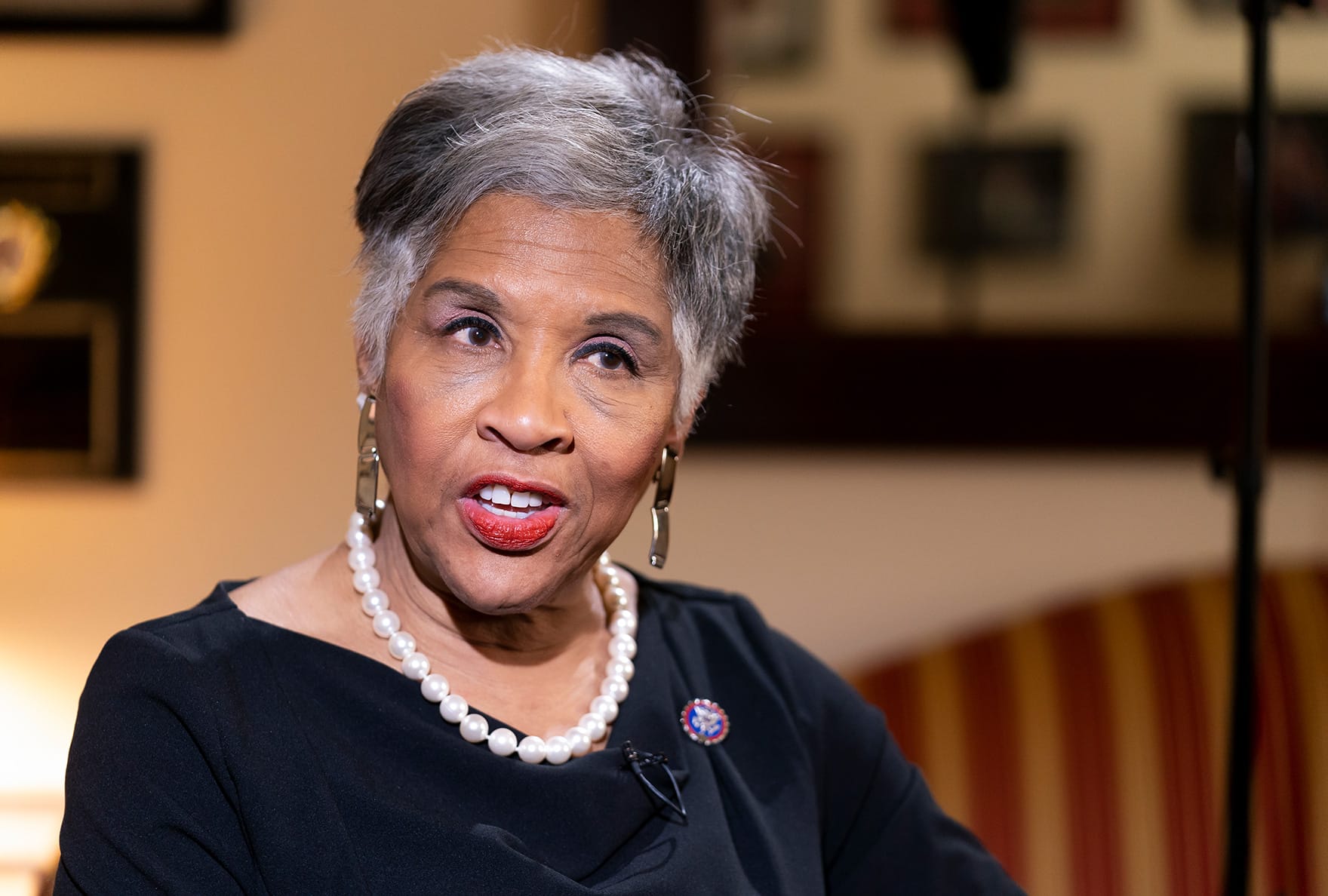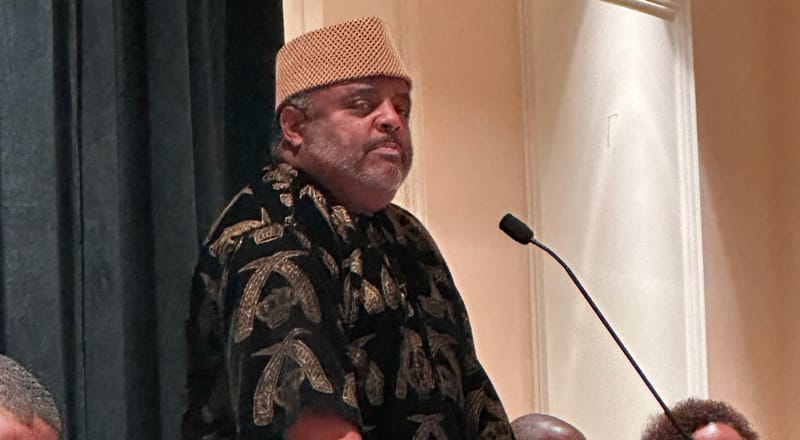Beatty Confronts Treasury Over Enforcement Loopholes, Tubman $20 Bill Delay
Congresswoman says rollback on corporate transparency aids criminals, demands accountability on delayed honor for Harriet Tubman

WASHINGTON, D.C. — In a tense exchange during a House subcommittee hearing Tuesday, Rep. Joyce Beatty (D-Ohio) grilled Treasury Secretary Susan Bessant over what she called a dangerous rollback in the enforcement of key anti-corruption laws, accusing the department of enabling criminal organizations to exploit American shell companies with impunity.
The focus of Beatty’s sharp line of questioning was the Biden administration’s March 2 announcement that it would not enforce penalties related to the Beneficial Ownership Information (BOI) reporting rule—part of the bipartisan Corporate Transparency Act (CTA). Beatty argued that the move effectively dismantles the law’s core purpose: to uncover the true owners of anonymous shell companies, which are frequently used to launder money and hide illicit activities.
“How do you undermine the bipartisan CTA and expect law enforcement and national security agencies to know the true owners behind shell companies?” Beatty asked forcefully. “This makes it easier for human and drug traffickers, cartels, terrorist organizations, and other criminals to do business in the United States.”
Bessant attempted to explain that the enforcement pause applied only to domestic entities, asserting that foreign-owned companies must still comply. But Beatty pushed back, saying the Treasury’s bifurcation of enforcement created a loophole easily exploitable by foreign bad actors using U.S. registrations.
“The answer is no,” Beatty fired back when Bessant hedged on whether BOI rules still applied. “You can say it however you want, but the answer is no. This exempts 99% of the entities Congress intended the law to cover.”
Beatty, clearly dissatisfied, accused Bessant and the department of prioritizing bureaucracy over national security and financial transparency.
The confrontation escalated further when Beatty pivoted to a long-delayed cultural issue: the redesign of the $20 bill to feature abolitionist and civil rights icon Harriet Tubman, a move first announced in 2016 by then-Treasury Secretary Jack Lew.
“What is the current status of this project?” Beatty asked.
Bessant said she did not know and would have staff follow up. Beatty rebuked the response.
“I want you to get back to me,” she said sharply. “There seems to be an issue when it comes to things that affect people of color or people who live in poverty.”
Tensions peaked as the chair of the subcommittee tried to cut off her time. Beatty refused to yield, invoking her position as a sitting member of Congress and demanding direct answers.
“I will not be silent,” she declared. “I’m asking this hostile witness to respond directly to me—not my staff.”
The hearing chair attempted to restore order, repeatedly stating that Beatty’s time had expired. But her defiance echoed through the chamber as she insisted on accountability from the Treasury Department, both on enforcement policies and symbolic justice.
“I am a member of the U.S. Congress,” she said. “And I demand answers.”
The hearing continued with other members of the committee, but Rep. Beatty’s fierce stand highlighted growing frustration among lawmakers over the Treasury’s handling of both national security policy and racial equity commitments.






